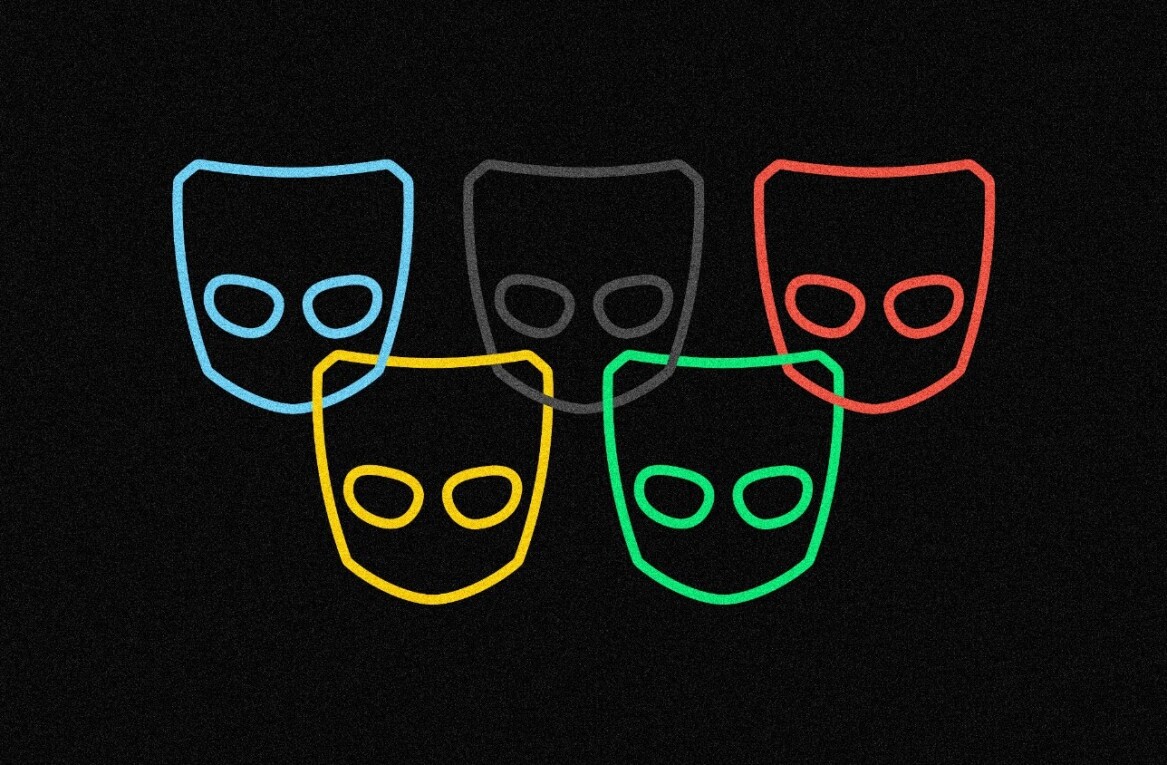
 There’s no doubt that social media is changing and evolving rapidly – and brands are constantly exploring new ways to make social media work for them. At the moment we’re still in the learning phase and we’re seeing lots of brands making some (very public) mistakes, as we test the boundaries of social technologies for consumer interaction. Mistakes are fine, and expected, so long as we learn from them. So what will brands of the future look like from the realms of social media, and how much should you let it affect your brand?
There’s no doubt that social media is changing and evolving rapidly – and brands are constantly exploring new ways to make social media work for them. At the moment we’re still in the learning phase and we’re seeing lots of brands making some (very public) mistakes, as we test the boundaries of social technologies for consumer interaction. Mistakes are fine, and expected, so long as we learn from them. So what will brands of the future look like from the realms of social media, and how much should you let it affect your brand?
Accept that the 9-5 is dead
The use of social media in the workplace is a pretty touchy subject. While some companies may actively encourage its use, others go to the complete other end of the spectrum and block access to sites like Facebook and Twitter. Just like the brands of the future, employees of the future will be social too. The trick for organisations is to find out how this can be used to benefit business. The internal structure of future brands will not look how it looks now, and the flexibility of social technologies has a lot to do with this. At new companies and sites like The Next Web, everyone is encouraged to be social. And we know that the normal office hours don’t apply. The 9-5 is officially dead. For an excellent discussion on this, I recommend you check out this TEDX talk by Jason Fried.
Branding will be alive
This may be harder to contemplate, but more and more we’re seeing a company’s brand interpreted by the millions, as we all become producers of content and add our own interpretation onto a company’s brand and messaging. Static branding will be a thing of the past and company logos, advertising and messaging will be constantly moving, adapting to people’s needs. I think the static company logo will be unrecognisable in 50 years time and the idea of a corporation as an unmoving entity will be hard to get our heads around. We’re just at the tip of the iceberg with things like companies crowdsourcing their logos and this trend will only get bigger. Brands will find a way to fit around what we want them to be, rather than the other way around.
Will translate social actions into concrete actions
Malcom Gladwell recently wrote an article, where he questioned the ability for social media to encourage real action. So is it just a place for all talk, or can companies find a way to encourage interaction from users that translates into a tangible business benefit? Awareness is one thing, but sales is quite another. The challenge for brands now, and brands of the future, is to adapt their business model to fit social. You’re less likely to be able to take a consumer from Facebook to the checkout, but if you invest in social transactions such as group buying, you’ll start seeing a lot more sales. Again, we’re seeing mistakes as companies attempt to encourage transactions in the wrong way but there are also some great case studies to learn from.
Look for innovation outside the boardroom
They get their fair amount of ctricism, but there are lots of lessons that can be learned from Coca Cola as a social brand. They did what is incredibly difficult for any brand to do, especially as multinational as themselves, and that was to work with an ‘unofficial’ community and find a way to successfully integrate them into the business. Coca Cola’s Facebook page wasn’t set up by the organisation themselves, but by two uber-fans. They could have done what many others did before them and shut the page down before setting up their own one from scratch. But instead they realised the huge power this group already had, and decided to work with the founders and keep them on as community managers for the page. This is a brave thing for a brand to do, given that when they did this social media was still a relatively new concept for many businesses. Don’t underestimate how important it is to work with a community and not against them.
Won’t have chairs in the meeting room
With the increasing mainstream adoption of online collaboration tools, brands of the future will not have a traditional meeting room, or the need to call meetings at all. Everything will eventually move online, making companies more efficient, adapting their communication to get the message out as quickly as possible. Companies will be less likely to call meetings, but when they do, there will likely be no chairs in the room. Screens will connect everyone over Skype etc. as you hook up with colleagues remotely. Hopefully the meeting room will die out altogether eventually, but that may be too tough to call yet.
What do you think brands of the future will look like?
Get the TNW newsletter
Get the most important tech news in your inbox each week.






